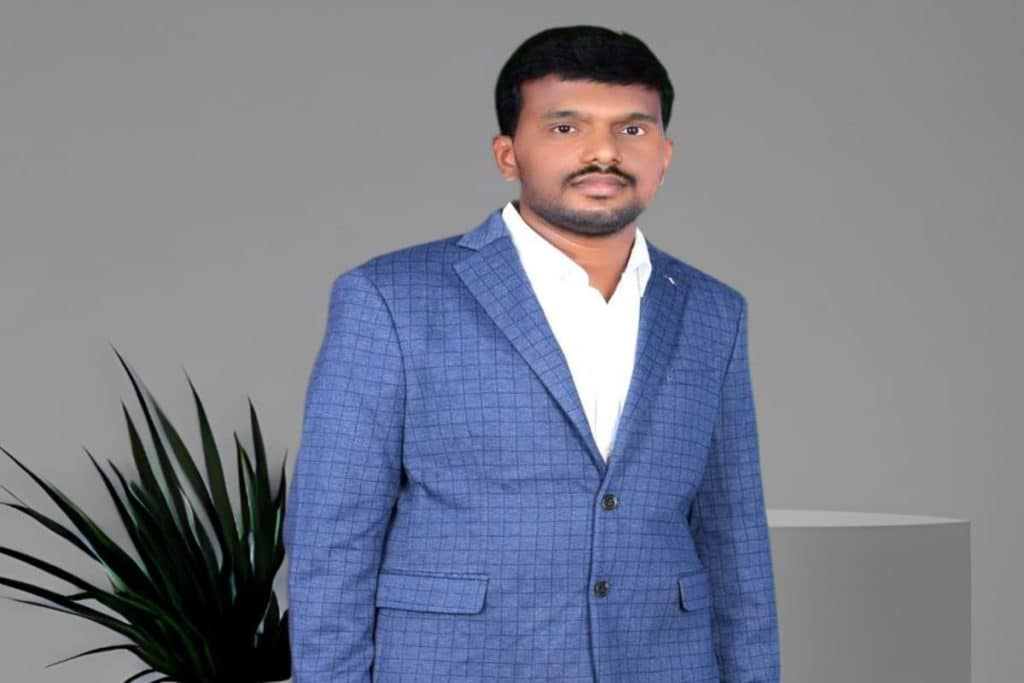Inside the financial services sector, there is a growing discussion around how mentorship is shaping the careers of technology professionals. As banking and finance integrate cloud, AI, and automation at scale, the challenges go beyond technical delivery. The actual challenge here is to make sure that the new engineers are ready not only to build sound financial platforms but also to be informed about risk, compliance, and ethics. The cross-team mentorship programs are one way through which organizations are responding to this, and the programs are currently delivering agents of cultural change and technical acceleration.
The intersection of these is brought out in the centre of this conversation by Manojkumar Reddy Peddamallu, a senior financial systems engineer and a researcher whose work brings forth this intersection. Manojkumar has worked on the design and implementation of cloud-native architecture throughout his career, which continues to maintain the reliability of the banking services despite the stringent compliance requirements. His achievements include leading projects that integrated enterprise metadata governance with distributed systems such as Kafka and Elasticsearch, reducing duplication across financial reporting pipelines.
The systems engineer has also developed more recent systems of fraud detection based on graph neural networks and federated learning, which have enhanced mule account detection rates without privacy-protective features across institutions. Simultaneously, his published work has advanced the discussions on explainability in AI, automation in compliance, and advances in fraud detection and systemic risk management.
What makes his approach unique is how he connects these achievements to mentorship. Within his teams, the strategist has developed structured workshops that help engineers understand complex subjects such as distributed microservices, Kubernetes orchestration, and AI-driven compliance systems. These sessions gave the chance of sharing knowledge across departments and enhanced a lack of isolation among the departments that were specialized. The findings were self-explanatory: the time of junior professionals’ onboarding was reduced to six weeks, cross-team work facilitated the use of new tools and platforms. As he added, “Technology cannot succeed in a silo; it needs people who can learn together, adapt together, and build together.”
Manojkumar has driven assessable change through large-scale deployments. With compliance automation, the workload on reviews had decreased by almost 45%, and KYC onboarding timelines had been reduced by 30%. His contribution in the detection of fraud minimized false negatives and increased by over 20% which boosted consumer banking confidence. On the operational front, his initiatives reduced the number of incidents that would lead to downtimes by half and also enabled the systems to scale and be resilient. These results are indicative of a rigour-culture mix in which mentoring enhances the scope of engineering innovation.
Looking to the future, the expert believes the financial sector is approaching a new phase. Generative AI, he argues, will soon be used to simulate regulatory frameworks, giving banks a proactive way to keep pace with evolving laws. Audit trails backed by blockchain are also considered by him to be an eventuality of compliance, with audit trails having the advantage of being immutable and easy to follow by regulators. Quantum-enhanced graph learning and reinforcement learning have the potential to transform the concept of fraud defence and systemic resilience in advanced jurisdictions, shifting risk management to being proactive rather than reactive. What is timeless about his thoughts is that the human element cannot be detached from these technologies. Organizations can easily make systems that operate at high speed and fail to respond responsibly unless they mentor the new engineers in both technical and ethical aspects.
Moreover, cross-team mentorship is increasingly seen as more than just a method to train new professionals; it has become a foundation for resilience in the financial sector. As institutions adopt AI and cloud-native systems, the combination of technical expertise and collaborative knowledge sharing is setting new benchmarks for accountability and trust. By linking research and practical mentoring, organizations can ensure that the next generation of financial engineers grows with both advanced skills and a strong sense of responsibility. This balance between people and technology is expected to define the future of finance, where adaptability and stability go hand in hand.
